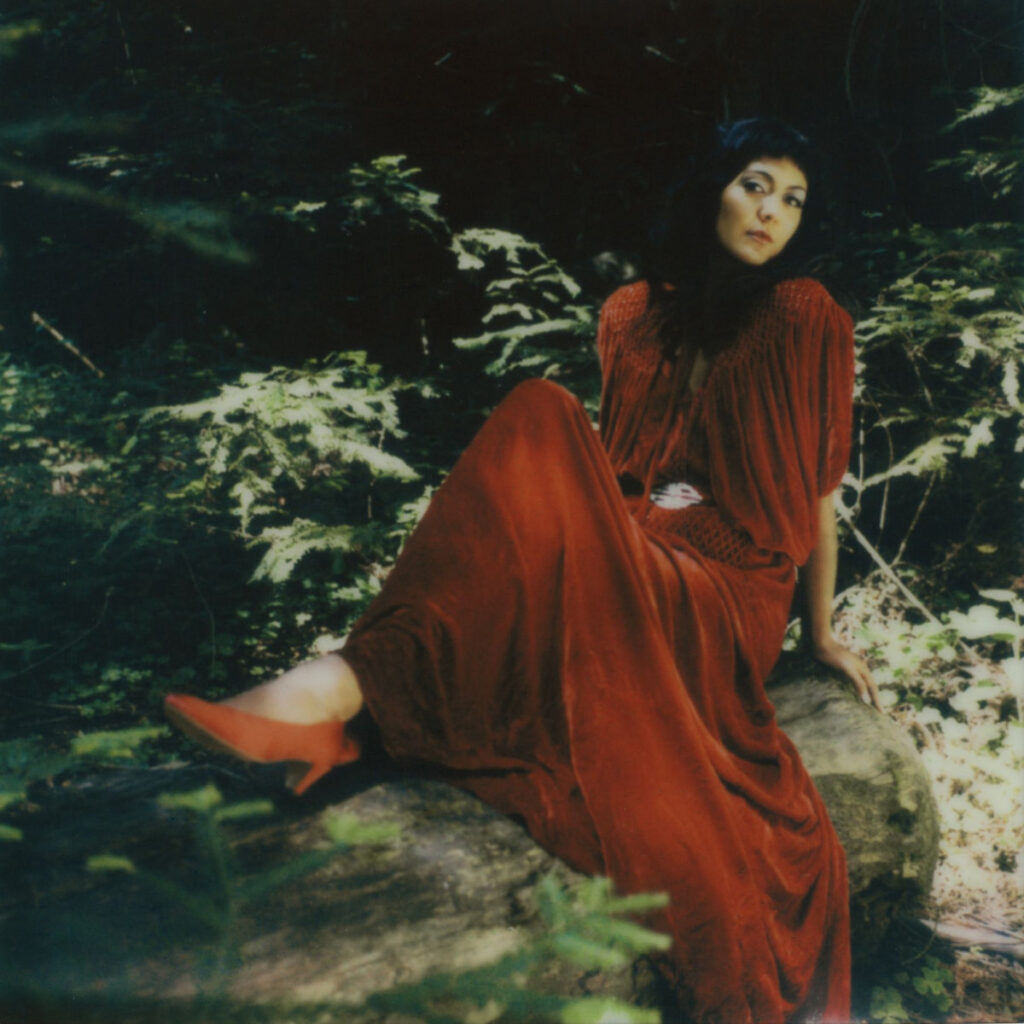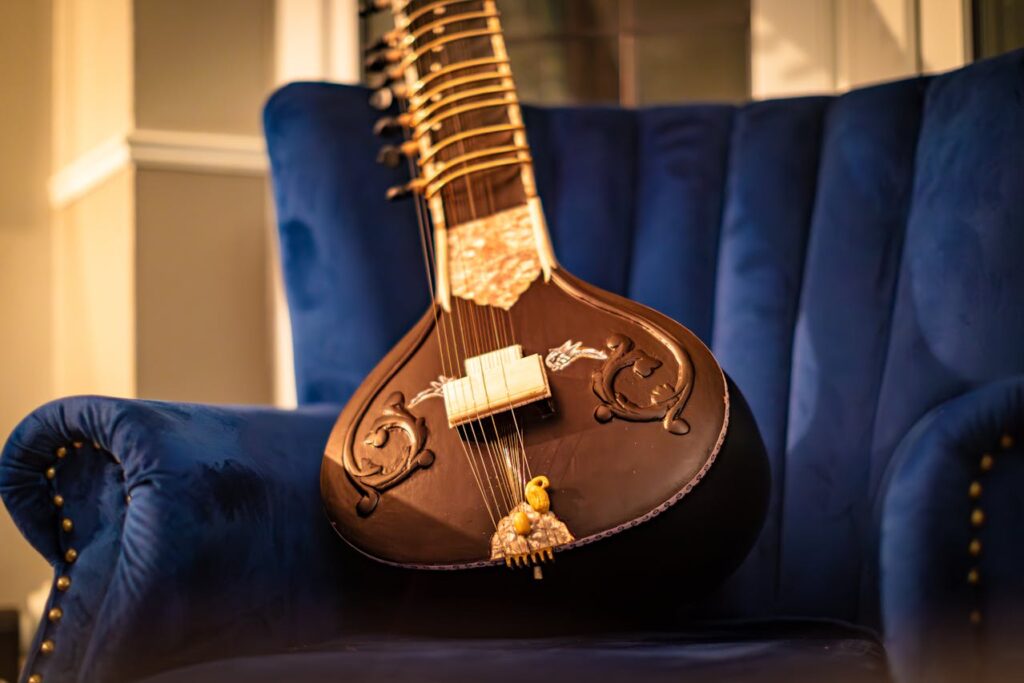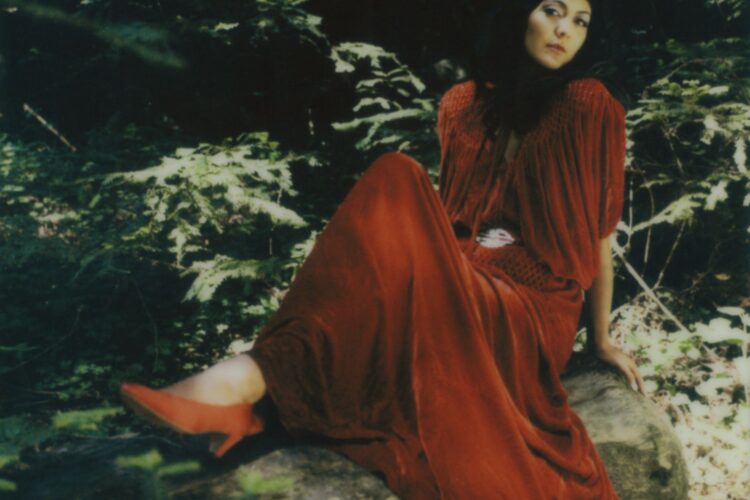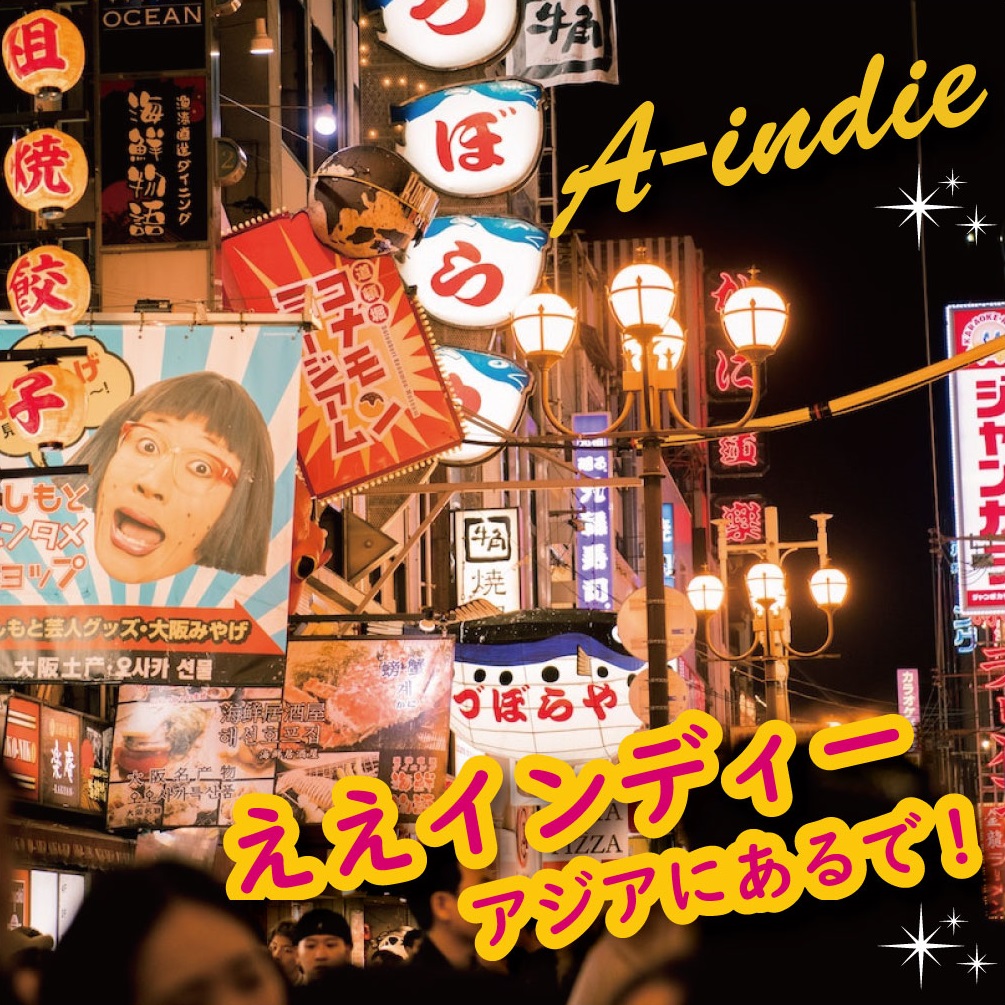Last Updated on 2025-03-30 by a-indie
Sahara Grim is an artist based in Los Angeles with roots in India and Japan. She recently released the album “Fable.”
This work features Luke Temple, the frontman of Here We Go Magic, as the producer, and blends diverse music genres from R&B and soul music to indie-pop, ambient music, surf rock, Brazilian jazz, and Indian classical music.
The album recommends the wonders of her inner root music.
Therefore, this time, we conducted an interview to delve into her extensive musical knowledge and diligence.
We will discuss not only the album “Fable” but also her experiences in visual arts, dance, and theater at the art school, her experiences as an opening act for artists such as The Marías and Charlotte Day Wilson, and her episodes during her stay in Japan and her relationship with Japanese music.
It is rare to find an album that reflects one’s roots and experiences to this extent.
Let’s dare to say it. This work and this interview should be enjoyed together. Either one is fine to start with.
Listen to “Fable” and read the interview. Surely a new music experience awaits. (Yuuki Takita)
Artist: Sahara Grim Interviewer: Yuuki Takita Translation, Editing, and Proofreading: Tomohiro Yabe
Sahara Grim Interview

-Yuuki Takita:We are a media outlet that values artists’ roots, the background of how their music was created, and the music, culture, and art that influenced them. Since this is our first interview with you, I’d like to start by asking about yourself so that our readers can get to know your appeal. You grew up in San Diego and are currently based in Los Angeles. You started learning guitar at the age of 8, could you tell us what motivated you to begin learning guitar? Also, what kind of music were you playing at that time?
Sahara Grim: Because I was so young, I can’t pinpoint an exact moment or reason why I was interested in learning guitar. As a kid I always loved music, theatre, drawing, writing stories or plays, playing dress up and dancing with my friends so there was always a natural inclination towards the arts and performing; I can’t say the same about sports or academic activities. All children love to play in some form so it’s interesting to reflect on how my spirit was drawn to being a musician and further how it informed my life path.
Experiences at Art School and the Jazz Community
-Yuuki Takita:After that, you attended a performing arts school from middle school until high school graduation, consistently engaging in visual arts, dance, and theater. Outside of school, you were actively involved in the local jazz community, wrote many of your own songs, and performed with your own band, right? I’d like to know more about these experiences. Could you tell me about what you learned at the performing arts school and if there were any influences from the jazz community that have affected your music today?
Sahara Grim: Yes! I’ve been very lucky to be immersed in the arts every step along the way. During my time at performing arts school I learned about many different mediums such as dance in its many forms (ballet, modern, jazz, tap), acting, musical theatre, choral singing and even photography. Although I was never primarily a musical theatre performer, I will always thank this class for giving me an understanding and solid foundation for performing. I was also singing classical opera in choirs every day which really helped strengthen my musicianship and ear.
The local jazz community gave me an opportunity to develop as a music artist outside of school where I never quite fit fully into one of the majors offered. My true passion was always in writing my own music, and the jazz scene played a big role in helping me to discover my own sound. During this time I also remember being heavily inspired by genre bending artists like Esperanza Spalding and Hiatus Kaiyote. Being active in the local jazz community is also what led me to study jazz in college.
University Days and the Sitar

-Yuuki Takita:Later, during university, you were accepted into UCLA’s ethnomusicology and jazz studies program, majoring in vocal jazz. You also became versed in world music and learned the sitar, an Indian classical instrument. I could feel that influence abundantly in your latest album “Fable,” but what aspects of the sitar fascinated you? I would also be happy if you could explain what kind of instrument the sitar is.
Sahara Grim: I’m so happy to hear you heard the Indian influence in my music with it being such a fusion of sounds! I was drawn to learning sitar because I am a quarter Indian and had a desire to connect more with that side of my roots since the household I grew up in was Japanese-American culturally. I also love the sound of sitar, it is hypnotic, meditative, and drone like. And with it being a string instrument, it felt approachable because I play guitar.
I also found the similarities between jazz and Indian classical music very fascinating with their shared spirit of improvisation, uncommon time keeping, and interesting modal structures. It’s also such a beautiful instrument! They are all wonderful works of art crafted from gourds, with a long wooden neck, and metal strings. There are up to 21 strings, but you only play 7 at the most, while the rest of the strings’ purpose is to resonate with those main strings to create the drone sound.
Co-performing with The Marías and Charlotte Day Wilson
-Yuuki Takita:So far you’ve told me about your background, but you’ve been exposed to a very wide range of music and have been studying enthusiastically, right? What motivated you to begin your artistic activities as Sahara Grim? I think your recognition increased when you opened for indie rock band The Marías and Charlotte Day Wilson, and I’d like to know your impressions of that time as well.
Sahara Grim: Yes I will be studying for the rest of my life! It’s a wonderful unfolding, the more you learn, the more you realize how infinite music is. This path has been very intuitive and I’ve always been connected to a sense of purpose with my music. Now that I’m thinking of it, it’s the only thing I’ve ever desired to pursue. Music heals, it expresses what words can’t, it is something beautiful to offer in a world that can be so ugly and it’s how I want to contribute.
While the songs are originally written to process my own experiences and thoughts, it’s equally important to set them free to others so that we may find solace and connection in our similarities. Getting to share bills with The Marias and Charlotte Day Wilson was so much fun, I feel lucky! It was an exciting opportunity and was affirming that I was on the right path. I’m grateful to have gained the experience of performing for a large crowd as well.
Next Page Here⏩️



 - is a music media platform run by BELONG, a Japanese music organization. We publish music articles with a focus on indie music.
- is a music media platform run by BELONG, a Japanese music organization. We publish music articles with a focus on indie music.